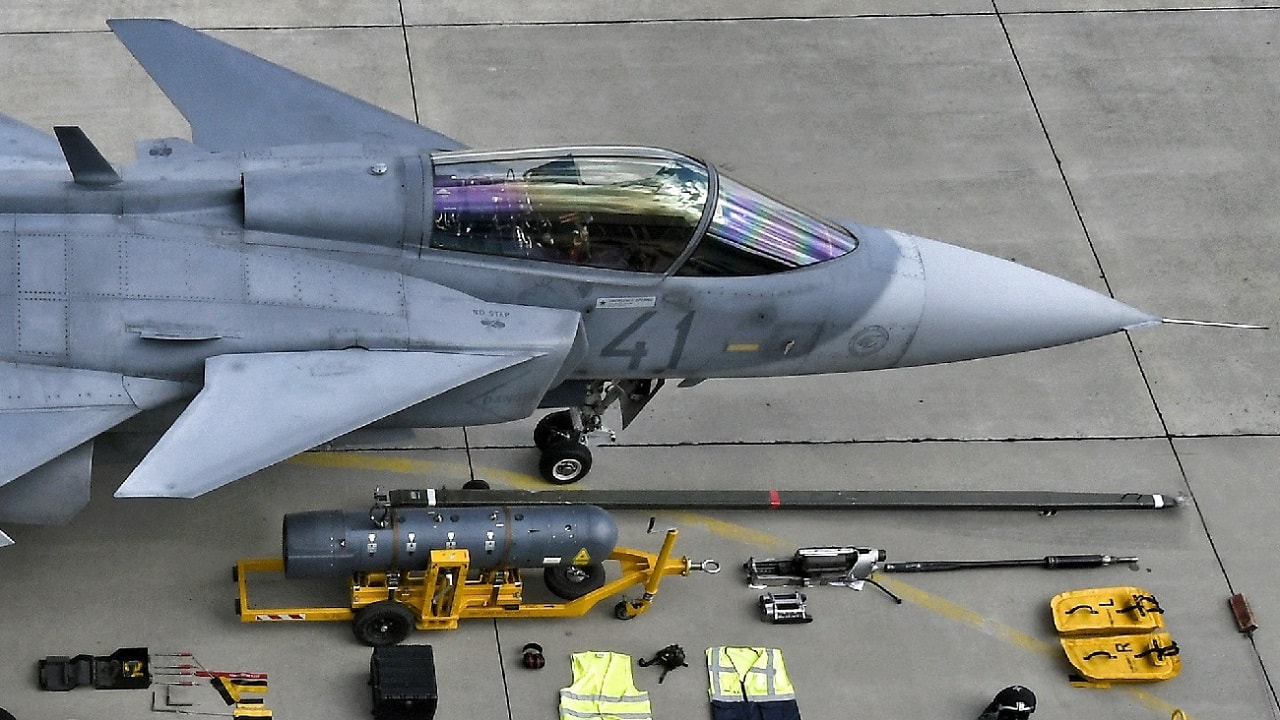What is NATO’s open door policy? On Wednesday, the Swedish and Finnish prime ministers held a joint press conference in Stockholm, Sweden, and announced that decision on whether or not the countries would join the North Atlantic Treaty Organization would arrive “within weeks.”
The two countries, which have maintained positions of neutrality on military conflicts that lasted through the Cold War, are closer than ever to joining the Western military organization – a move that would infuriate Russia and prompt “retaliatory measures.”
With public mood now favoring the two countries joining NATO – with one poll showing 53% of Finnish citizens support membership and another showing six out of ten Swedish citizens also supporting membership – Russia could soon be forced to follow through on threats against the two countries designed to prevent them allying with the West.
The “Open Door” Policy Explained
Article 10 of NATO’s founding document, the 1949 North Atlantic Treaty, details an “open door policy” that welcomes any European state that is “in a position to further the principles” of the treaty will be welcome to contribute to the security of the North Atlantic region. In order to officially join the military organization, however, an applicant country must have the unanimous support of other NATO counties.
Russian President Vladimir Putin has long opposed this open door policy, issuing ultimatums to the United States and NATO allies ahead of the invasion of Ukraine, seeking assurances that Ukraine would not be allowed to join the organization.
Before Russia’s annexation of Crimea in 2014, Ukraine – a European country – was not contemplating joining NATO. Since the invasion and the destruction of most of Ukraine’s major urban population centers, Ukrainian President Volodymyr Zelenskyy has indicated that his country will not join the Western military alliance.
How Sweden and Finland Can Join
Should Sweden and Finland’s governments announce their intentions to seek membership of NATO – and any decision will likely be the same for both countries – they will first be invited to take part in an “Intensified Dialogue” with members of the NATO alliance to talk about their aspirations and any proposed reforms to the organization that they may have in mind.
After a period of dialogue, application nations are invited to join the Membership Action Plan where they will be prepared for future membership. At this stage, however, membership is still not guaranteed.
To join NATO, both Sweden and Finland will need to meet a series of criteria relating to their political systems, economies, and military, as set out in the 1995 Study on Enlargement. Sweden and Finland must prove that they are democratic political systems with a market economy, respect for human rights, and a willingness to resolve conflicts diplomatically.
At present, there is nothing standing in either Sweden or Finland’s way in terms of NATO membership eligibility.
Jack Buckby is a British author, counter-extremism researcher, and journalist based in New York. Reporting on the U.K., Europe, and the U.S., he works to analyze and understand left-wing and right-wing radicalization, and reports on Western governments’ approaches to the pressing issues of today. His books and research papers explore these themes and propose pragmatic solutions to our increasingly polarized society.

